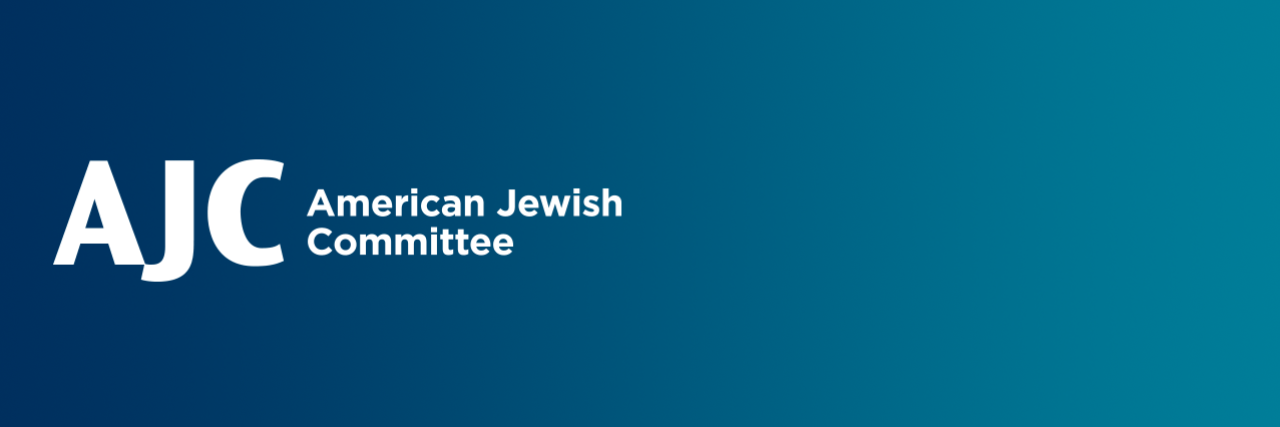January 12, 2023 — New York
Amid rising antisemitism in the United States, data from a new American Jewish Committee (AJC) public opinion survey reveals key information on the state of mind of American Jews following the hostage situation at a synagogue in Colleyville, Texas last year. A majority of American Jews—or 54% percent—said they heard a lot or some about the Colleyville crisis.
Of those U.S. Jews, 18% percent felt a great deal less safe at the time, 33% felt a fair amount less safe, and 36% felt a little less safe after the eleven-hour hostage crisis. Only 13% of the survey respondents who had heard at least some about the situation said they did not feel less safe. The questions on the Colleyville synagogue attack are included in AJC’s 2022 State of Antisemitism in America report, comprised of a survey of U.S. Jews and a comparison study of U.S. adults. The full report will be available next month.
Congregation Beth Israel Rabbi Charlie Cytron-Walker and three congregants were held hostage by Malik Faisal Akram, who entered the sanctuary during Shabbat morning services on January 15, 2022.
“The Colleyville attack clearly reverberated throughout the Jewish community. No Jew should ever feel unsafe anywhere, anytime in America simply because they are Jewish,” said AJC CEO Ted Deutch. “As we have seen on a local and national level, these antisemitic incidents don’t happen in a vacuum. They are rooted in an age-old hatred that cannot go unchecked.”
Last month, Deutch applauded the Biden administration’s plans to form a task force charged with developing a national action plan to combat antisemitism, for which AJC had advocated immediately following the hostage crisis.
AJC’s survey also found that younger Jews expressed greater concerns about their physical safety than those in older age cohorts. Among Jewish adults ages 18 to 29 who heard a lot or some about the Colleyville hostage crisis, 67% felt a great deal or a fair amount less safe, compared to 43% of those ages 30 to 49, 47% of the 50 to 64 cohort, and 50% of those age 65 years and older.
Jewish adults belonging to a religious denomination also expressed greater concerns about their physical safety as compared with secular Jews. Among those who heard about the incident, 56% of Jews affiliated with a denomination said, at the time, the Colleyville situation made them feel a great deal or a fair amount less safe as a Jewish person in the U.S., compared with 41% of secular Jews who said the same.
Though the hostage stand-off with law enforcement gathered outside the synagogue building dominated news media coverage throughout the day, the general U.S. adult population was less likely than Jewish adults to have heard about the attack.
- 23% of Jews heard a lot about the Jews being taken hostage, compared with 6% of U.S. adults.
- 31% of Jews heard something about the attack, compared with 25% of U.S. adults.
- 22% of Jews did not hear much about the incident, compared with 29% of U.S. adults.
- 24% of Jews heard nothing at all about the hostage-taking, compared with 40% of U.S. adults.
The survey of Jewish adults was conducted for AJC, a nonpartisan organization, by the independent research firm SSRS.
AJC, with headquarters in New York and regional offices in Dallas and 24 other cities across the country, is the leading global Jewish advocacy organization and has spearheaded the fight against antisemitism since its founding in 1906. AJC’s annual State of Antisemitism in America report informs the organization’s advocacy efforts and engagement with all sectors in the U.S. AJC’s Call to Action Against Antisemitism in America is a comprehensive society-wide nonpartisan guide to address anti-Jewish hatred.

